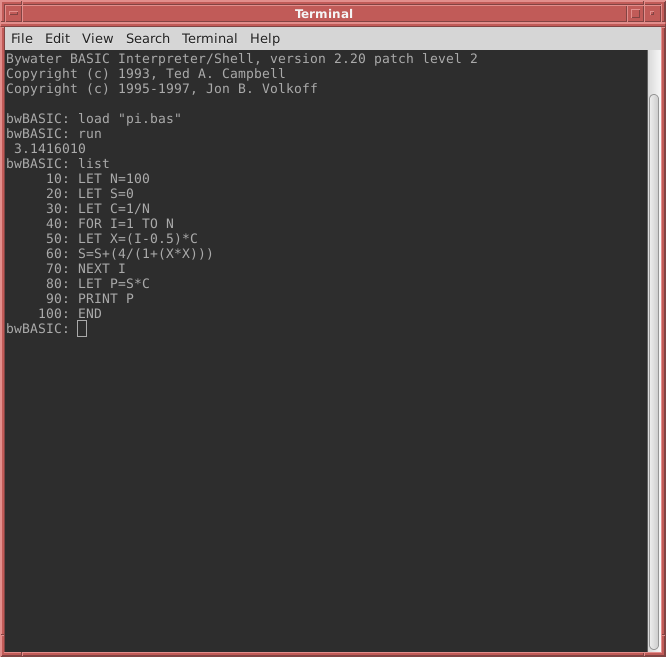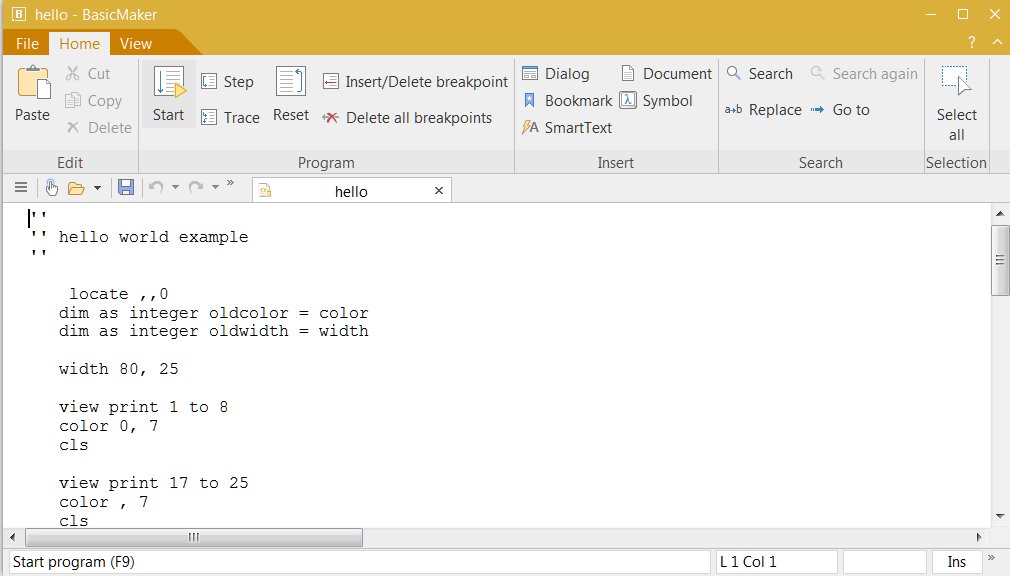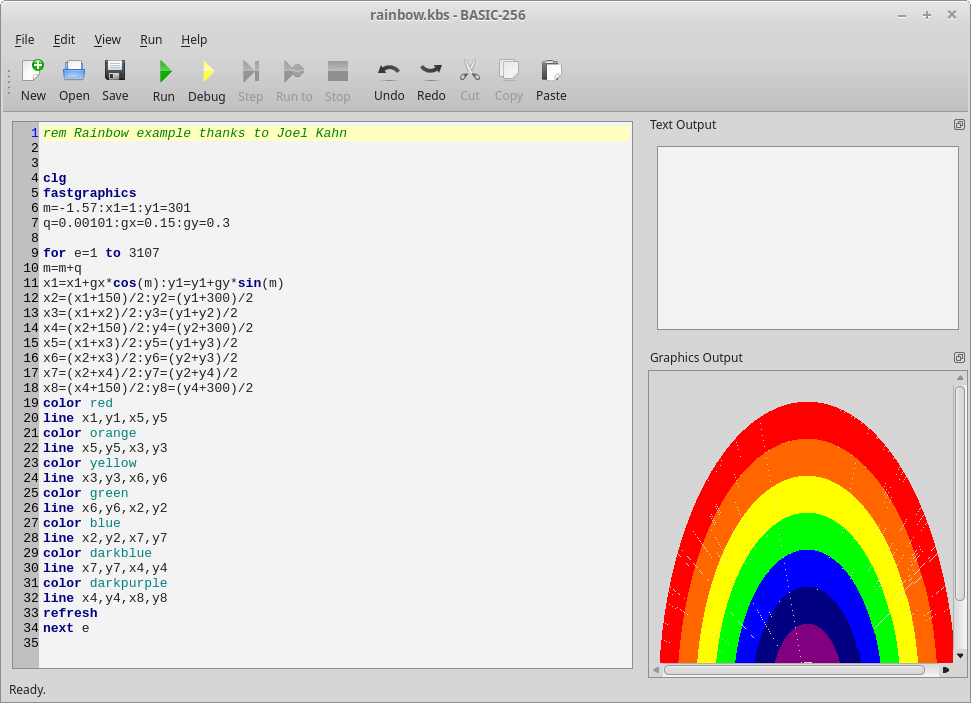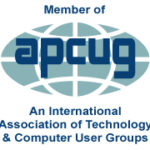NSLIG – May 2019

Back to Meeting Notes 2019
Notes from the May 2019 Meeting
[hr height=”30″ style=”default” line=”default” themecolor=”1″]
In the Linux News session from Nick Vespo the first item was a video made by a Chinese man of his building a tablet/computer from components. China is the largest computer market in the world, so he was able to source a wide range of components at a fraction of the price that we would pay in Australia, if they were available.
Using a supplied display screen, he reduced the thickness from 14.5 mm to 5 mm by removing port connections. A similar reduction was achieved by removing ports from his Raspberry Pi, that was used as the compute base.
He designed an audio and power supply printed circuit board (PCB) and it was fabricated as a one-off by a company that produces circuit boards in volume. To complete the device, he 3D printed an enclosure and assembled the components. Entera OS was installed as the operating system, but the device can also run Ubuntu and Raspbian. An outstanding result from a person with a wide range of electronic and computer-related skills.
With the latest Windows update installed it is now possible to run a full Linux system under the Windows Subsystem for Linux (WSL). Previously it was possible to run a command line instance of Linux, with a graphical version not officially supported, even though it might work in some circumstances.
A Retro operating system has been released, namely Lakka OS. It can run many of the games that older members might recall. This is done by using downloaded game ROMs. Care should be used in downloading to avoid licensing issues. The video showed the Super Mario game running at full speed.
The final item was a brief explanation and video demonstration of Ardour 5, which is an open source complete recording studio that runs on Windows, Linux or Mac OS. The demo. showed a recording in flight with masses of effects possible for each of 16 tracks. The source code is available without charge, but the pre-compiled programs require a fee to be paid.
In the Open Forum there was more discussion about the NBN. One point raised was that the Retail Service Providers (RSPs) require users to use only the supplied modem. Replacing the supplied modem is not allowed, and the RSP will not disclose the codes used for the user to install their own modem.
The latest version of Android (Q) is becoming available on some models of new phones and tablets. It includes upgraded and improved security. There is also less need and opportunity for manufacturers to create their own versions of Android.
After the usual, very lively social break it was time for the main presentation of the evening:
David Hatton spoke about BASIC Past and Present.
One reason for discussing BASIC is that it was first used almost exactly 55 years ago. The original version of BASIC was created at Dartmouth College, which is in New Hampshire U.S.A. In 1963, Mathematics Professor John Kemeny applied for and received a National Science Foundation (NSF) grant to purchase a GE 225 machine with the aim of creating a new computer programming language and supporting system.
Many experts did not believe it could be done when most of the work would be done by undergraduates. But they built the language interpreter and a time-sharing system supporting multiple concurrent users. On the (early!) morning of 1st May 1964, Professor John Kemeny and a student programmer simultaneously typed RUN on neighboring terminals. When they both got back correct answers to their simple programs, time-sharing and BASIC were born.
Linux has several versions of BASIC available, including both command line and GUI versions.
The original Bywater Basic is still operational and is available in some Linux distributions. If Ubuntu is the OS, BwBasic can be installed using Apt. BwBasic is a command line version. The interpreter does not use a system of intermediate code – each statement is interpreted as the interpreter comes to it. The current version is a re-implementation of the original, re-written in the C language.
David showed, edited and ran a simple program in BwBasic

BwBasic showing a program to calculate pi
FreeBasic – is a free, open source basic compiler for Windows, DOS and Linux. Under Linux it can be installed by downloading from the website, expanding the tarball into the directory of your choice, and running an install script. You can follow a similar procedure for the Windows version.
You can also download an Integrated Development Environment (IDE) or programmers editor of your choice for either Linux or Windows. These allow the user to view, create and edit source files (.bas files) as well as compile and execute them. FreeBasic can also be run from the command line on either Linux or Windows – see the included documentation for details.

Windows IDE showing part of ‘Hello World’ program
Basic-256 is a simple version of BASIC that seems to be no longer under active development, but has its own IDE and graphics support. It is designed primarily for school students but would be of interest to anyone wanting to learn the basics of computer programming.
The code editor, text output window and graphics editor window are all visible in the same screen. The latest version seems to be the version currently downloadable via the package manager from the Ubuntu/Mint distribution repositories, and there is a beta Android version.
David showed an example program to generate a rainbow and ran it during the presentation.

Basic-256 example program showing a rainbow in the Program and Result Panes
Two other Basic program development applications were briefly mentioned, namely Gambas and GWBasic.
Gambas is a free full-featured object language and development environment built on a BASIC interpreter. It is released under the GNU General Public Licence. The latest version is 3.13.0 released on 11 April, 2019. It has been sometimes referred to as “Visual Basic done right!”
GWBasic is among the original versions of BASIC for DOS, and can be run on Linux in the Dosbox MSDOS emulator. It was eventually superseded by QuickBasic.
A very interesting session that took us “Back to Basics”.
[hr height=”30″ style=”default” line=”default” themecolor=”1″]
Links that may be of interest are …
Bywater BASIC – https://sourceforge.net/projects/bwbasic/
FreeBASIC – https://freebasic.net/
basic256 – http://basic256.org/index_en


